[Posted on the Blackboard Class Discussion Board on Thursday 20th May 2010 at 2:09:34 PM EST]
How do we place ourselves in the situation where we are trying to provoke a community action for the benefit of the community itself? How do we identify ourselves when dealing with a community that we are not part of? How will the community contain the situation that we trying to influence and re-create their thinking in accepting a change in their community?
In my recycling project, I am 'the Outsider' trying out a pilot project in a community that I am not part of. [ The Outside-In concept]. The community is a suburban residential area in Port Moresby, and involves people who identify themselves as belonging to that particular area. There is both a spatial and social dimension of that area. The difficulty in coordinating the project depends on the 'status' on the community - some parts of the community are highly organised and cohesive, whilst other parts only have spatial relationship and no social identity. Most instances, people who are from the same or similar cultural background converge as an organised group as well as those with same or shared interests. The 'wantokism' is very much alive in community groupings in Port Moresby. [' Wantok' - 'one-talk' identifies as people related through communicating in or speaking the same language, whether it be their mother tongues, or the same lingua franca. It is also loosely used for people originating from the same area or region]. Wantokism can be advantageous in participation, however it does have negative effects.
I can be identified as an 'Outsider' because I am a professional and a development practitioner. My professional role as a physical planner may be seen as 'part of the top-down approach' and may be taken with mixed feelings. Most of the communities live in situations where the government or the city authority have greater power over them in terms or facilities and services. Together with the city authority - NCDC, the project can be pushed through by appropriate legislation, however that defeats the idea of proper community participation and acceptance. Some legislation have not worked because people where not involved or properly made aware of the intentions, or projects did not meet or fit the needs of the community. My role here as the 'Outsider' varies, from active involvement as an initiator of the project, to a passive role when acting as a facilitator. I need to fully understand the situation in the community before I can commence. Through establishing networks, identifying major stakeholders, identifying active community groups like women's, youth, sporting and church groups, linking up with prominent people within the community, assessing the current waste disposal manners, and the interest of people willing to involve in the recycling project - 'the interest group', I may be able to set up the base to work upon as the initiator or advocate. Working on existing legislation and policies and coordinating with the NCDC, I may be able to set up workshops for community participation and empowerment. The intention is for the community to take 'ownership' of the project within their area, and recognise its importance in cleanliness of their community, and establishing stronger community networks and bond.
The community must be given the due respect in the approach to initiate the recycling project. They must be well aware and acquainted with the intentions and status of the project. They must be involved in the consultative participation - I work on the information directly from the community - , the shared participation - community and me as the outsider interacting as equals -, which leads to them having the sense of ownership of the project. In that way, I also become a stakeholder so the concept of me being 'the Outsider' fades away and my belonging as a member of the community is thereby established. The next challenge is for me as 'an Insider' [ The Inside-Out concept] to request for sponsorship for the project, and negotiation for funding through NCDC and other relevant government departments and agencies. The community can initiate its own project funding agenda.
The only plan of action for the project to date is establishing networks and proposing public awareness campaigns in the suburban residential areas. As this will be an on-going project leading out [from this course], I intend to set the pace when I return during and after studies. Hence, the community action plan will only be realised by then.
Subscribe to:
Post Comments (Atom)


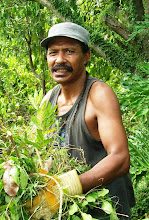




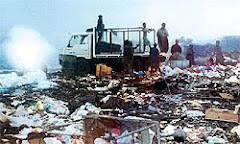
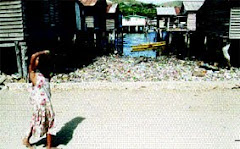
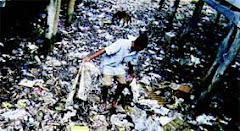

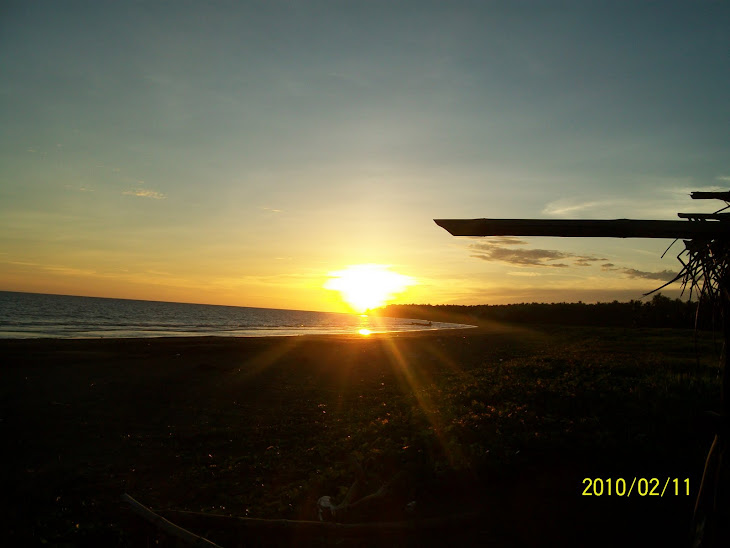.jpg)
2 comments:
[Posted in Blackboard Class Discussion Board by Nathan on Friday 21st may 2010 at 10:48:53 AM EST]
Hi George,
Sounds like you have quite a task! Its great to hear you are trying to keep the values of collective action in your project. Your point about keeping the project in consultation with the community members rather than using legislation for change is a great reminder of the pursuit of true CD work, and the time it takes to generate real community driven change. I like your thinking about the laying the groundwork work as "outsider" to become "insider", then the different roles you can play once you are on the inside.
Good luck George!
{posted on discussion board at 2:01:28 PM EST}
Thanks Nathan,
Thanks for your comment!
Coming from a non-CD background and learning a lot from the course and experiences and advice shared by our fellow students like you - and also by readings - it has help me to understand a bit, hence the change of approach dealing with this project.
Geo.
Post a Comment